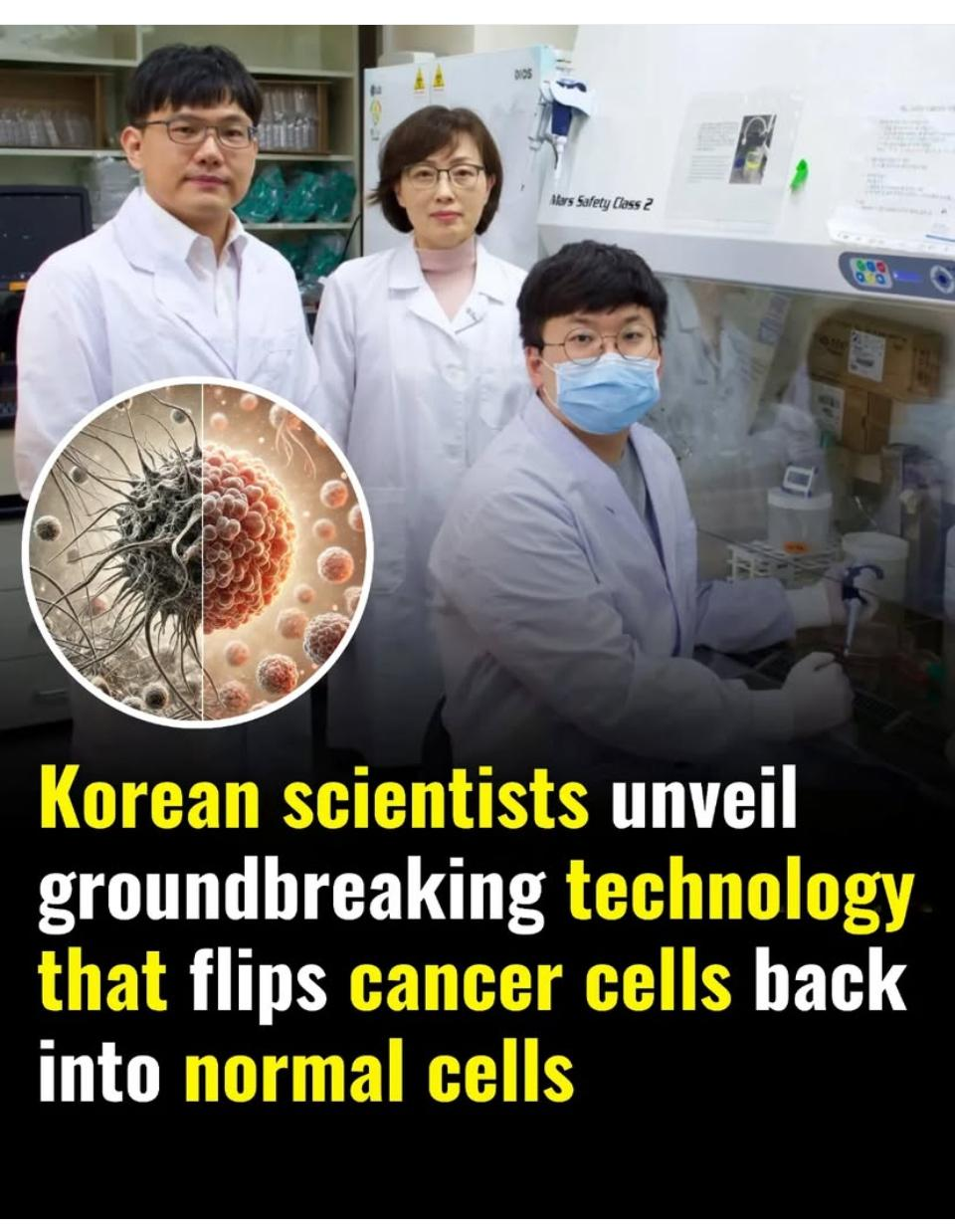In a groundbreaking advancement in cancer treatment, researchers from the Korea Advanced Institute of Science and Technology (KAIST) have developed a method to transform colon cancer cells into normal-like cells, offering a safer alternative to traditional therapies.
Led by Professor Kwang-Hyun Cho from KAIST’s Department of Bio and Brain Engineering, this innovative approach avoids destroying cancer cells outright, significantly reducing the risk of severe side effects and recurrence.
Using a computational “digital twin” model of gene networks, the researchers identified molecular switches that regulate cell differentiation. By activating these master regulators, the team successfully reversed cancer cells into normal-like states in laboratory and animal trials.
This approach, called “reversible cancer therapy,” has the potential to revolutionize oncology by addressing the root causes of cancer while minimizing collateral damage to healthy tissues.
While the initial study focused on colon cancer, the technology holds promise for adaptation to other cancer types, offering hope for safer and more effective treatments in the future.
